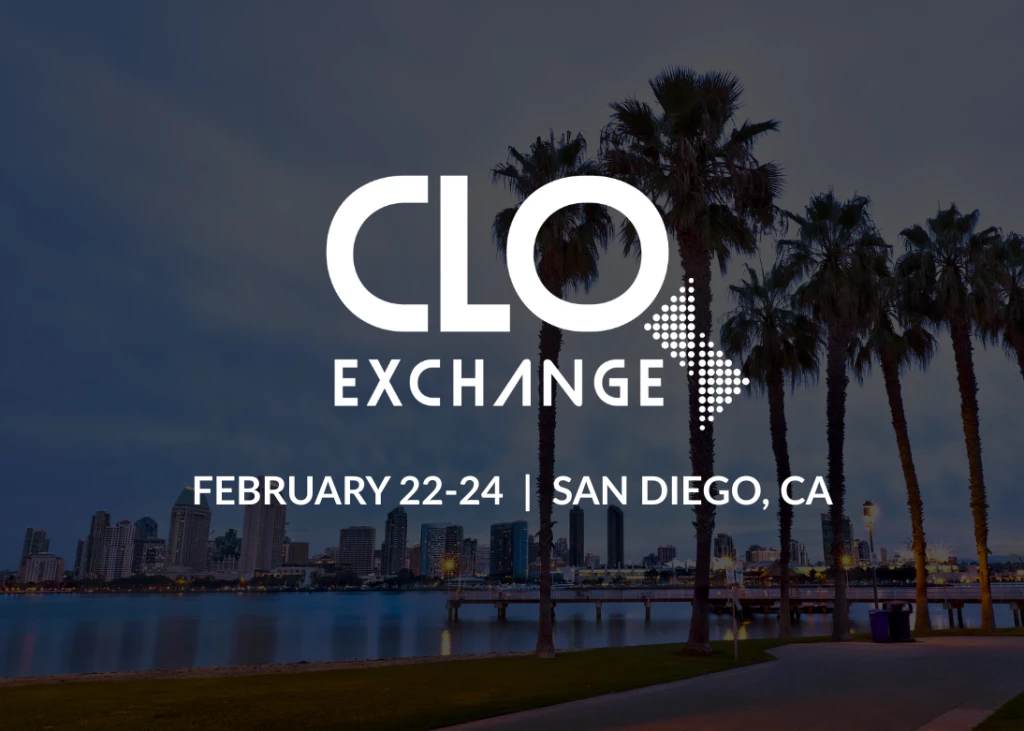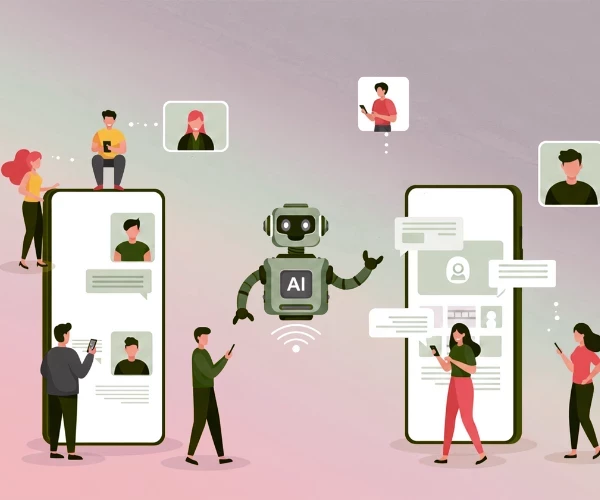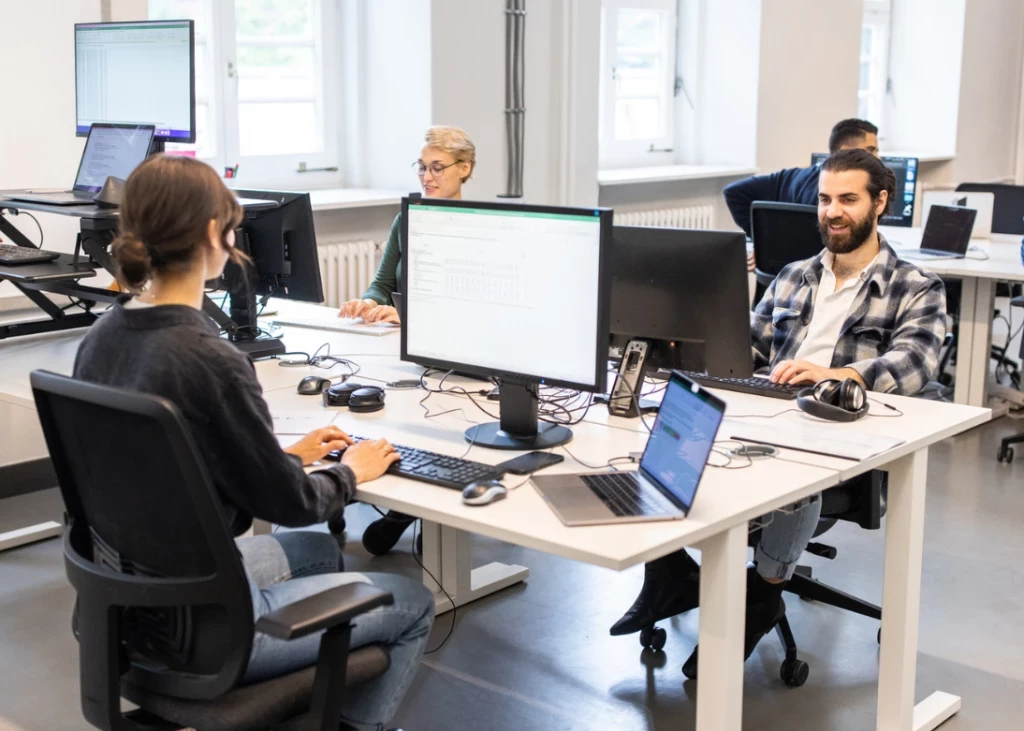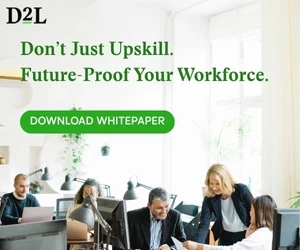Commune Hotels Uses Storytelling to Spread Values, Culture
Add bookmarkIn the process of developing and defining culture at Commune Hotels and Resorts, Kelly Porter, Vice President of Learning & Employee Brand Management, and the rest of the learning team at Commune asked employees some simple questions: Who are we? What do we want to be known for?
From these conversations, the team developed ten core values and used the company's internal website as a way to share stories that detail ideas and best practices.
We sat down with Kelly before Corporate Learning Week to learn how Commune Hotels used its learning function to spread the company's culture. Check out the interview below.
I know you're going to be talking about corporate culture and learning's role in that. Can you give us a little teaser of what you have in store for your session at Corporate Learning Week?
It's emerging out of this year of change and uncertainty and this bright future that we have, and a part of that bright future is really defining what our culture is. How we've defined it is these ten core values that we've created. They're not ten values we created at some corporate office. They're ten values our employees helped us craft.
We really went out to them and said, "Who are we and what do we want to be known for?" And through those conversations, we came up with these ten values that are not about how to behave or act a certain way at work, but they're really values about being a good and great human being.
That's the core, that's the heart and soul of everything we do. Every touch point in our employee experience, whether it's the new hire orientation to the performance review to a memo that gets sent out. Everything has to align with those 10 core values and for us that's the most important thing.
Say you're a company that doesn't feel like they have a strong mission or employee brand. What are the steps you took to get these ten core values?
It took about six months. It was not something that we said, okay, over night we're going to come up with our new culture. The first step of that was really analyzing. When you have a merger, you have great components of different companies that make up their own unique and individual cultures.
The first piece was really analyzing and understanding what made those companies great, what made those cultures great. The second piece was going out to the employees and saying: What do you love about your current culture? What do you want to be known for? What do you think our future looks like? And really that dialogue with the employees and having them really come up with a certain essence of who we are.
From there it went back into some of the wordsmith-ing and really creating the graphics that go along with it and the official roll out. After that, we did a countrywide tour, where it was celebratory. We rolled these values out on roof tops, at parties.
It wasn't something that we handed everybody a poster for their break room and said, go hang this and now live these values. It was a celebration, a way of life, and it continues to be for us. We're learning as we go as well, but it's something that we're really focused on.
When I read about brands and culture, there is often mention of the role of storytelling. Can you talk about how the narrative got put together when organizing these ten key values?
It's actually really timely and a lot of fun right now. We rolled out these ten values and created the framework for the rollout at the property level. The framework was pick a value on this certain day and focus on that. Then, email us the stories, email us the photos and tell us what's happening with these values at your property.
On our first day, we got about 50 stories from our hotels and restaurants and we were able to really begin to share those across the board. So someone might have a really creative idea around one of the values—we had one property that did a rap to the Vanilla Ice song, which was stuck in our head for days.
But it was really creative and though that storytelling and that ability to take that and share it on our internal employee site, other properties got ideas and got creative and so it created this big movement of stories being shared around the country and throughout all of our properties around the world.
This sounds like a really cool and really different way to approach learning and training.
For us, learning and development, there is that formal instructional approach to training, but the second piece that we're really focused on right now is that every moment is a learning movement and a learning opportunity. And how do we create space for everyone to feel that and experience that?
For us, we've built an internal website that allows us to immediately post and share stories and so as a manager, I might jump in every morning before I go into my daily meetings with my team and I would jump on the internal site and I would look and see what stories are going on around the country and see if there's a source of inspiration to share with my own property.
Looking toward the future, what do you see as your biggest challenges? What steps are you putting in place to address those?
The biggest challenge for us is as we're creating this really strong culture and brand, you have to keep your finger on the pulse of that at all times and it's short and quick spreads, quick learning moments that happens.
But at the same time, we're also building our formal structure and our formal learning programs, which is the long-term vision. How do you play in the now and immediate while keeping your eye on the long-term vision that you have for the organization, that three-to-five year timeline? For us, that's a big challenge.
It's a lot of fun to play in the building of a culture right now, but we also have to carve the space and time to begin to build the infrastructure and programs that are sustainable.
Any emerging trends you're specifically honed into?
For me, I think it's the immediacy that people want information. And so in the past, where we designed an online training program, it could take six months to a year to develop and design and go through the entire process.
At the same time, I could do something very similar through TED-Ed or some other form of technology that I can deliver in a day. So it's really balancing and understanding what's evergreen and what can we do immediately.
So I think the emerging trend is really focusing on what are those things you can do to deliver immediate learning opportunities that are relevant, timely and successful for your employees that don't take a year to develop. Not saying that those are bad because we still need those and we still do that. The trend is: Are there other things we can do on a daily basis that create development opportunities for our employees?
What are you most excited about at this year's conference?
I'm constantly learning, and I think that's the way we will remain successful as an organization. For me, it's looking for that spark. I don't know where that will come from. It could be a speaker about innovation or a speaker about technology, but something will spark and help me get better at my job.
So it could be a small spark or it could be a game changer. That happens every time I come to one of these events. There's a connection and a spark with someone that helps me be more innovative and creative in my own role. So I'm just looking for that spark.




























